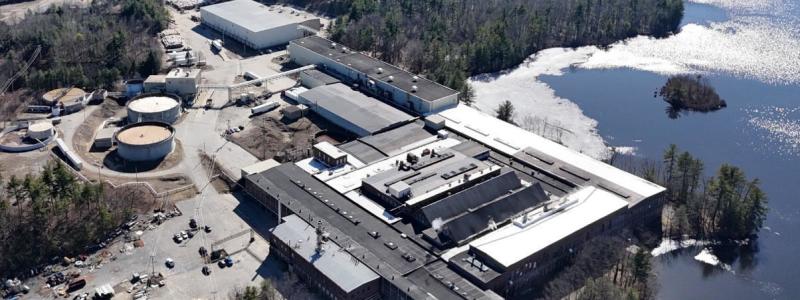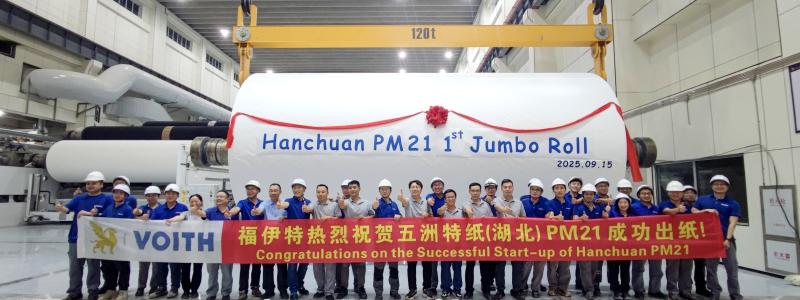Spain’s largest biomass generating plant has started to provide power to the electricity grid. Developed by Ence, the plant has an installed capacity of 50 MW and a forecast annual production of 337 million kWh. The start up of the plant also represents an increase of nearly 30% in the company’s installed capacity to produce energy with biomass: going from 180 to 230 MW.
Ence’s new plant will generate more than 950 jobs. Up to 40 of these jobs will be personnel charged with operating and maintaining the plant. The other over 900 jobs will be indirect and induced jobs, of which approximately 500 will be in rural areas, given that it will be in the countryside where the around 400,000 tons of biomass will be collected to be used each year in the plant to produce power.
Specialists from Ence and OHL - the company commissioned to build the plant – have worked over recent weeks to prepare the incorporation of the new installation into the electricity grid. Incorporation will be gradual and will be complete in a few weeks. Once the 50 MW it can produce has been fed to the electricity grid, Ence’s new Huelva power plant will avoid the need to import fossil fuels for electricity generation in Spain to the value of €12.5 million per year.
Given that both biomass waste and forestry crops will be used in electricity production in the new facility, plant supply operations will enable 312,500 tons of CO2 to be captured every year. The new power plant, which will provide the company with €25 million of recurring EBITDA as from 2014, was built in accordance with the Best Available Techniques recommended by the EU for transport, storage and production of energy with biomass. Among these techniques is the selective non-catalytic reduction system which permits the reduction of emissions of oxides of nitrogen. The commitment to fluidised bed technology for the boiler, the use of the use of natural gas as auxiliary fuel for isolated operation and the incorporation of an effective electrostatic precipitator to capture combustion gases at the boiler outlet will also enable Ence to fulfil its objective of minimising the environmental impact of its operations, to the degree that the most advanced technologies permit.
Ence’s industrial investment in the new Huelva plant exceeds €125 million and forms part of its plan for growth in renewable energy. The company is also progressing with other projects to install new biomass power plants in various parts of Spain. On 1 August, Ence signed the Project Finance agreement with which it will finance construction of a 20 MW plant in Merida, Extremadura. This plant, to be built by Sener Ingeniería y Sistemas, will go into operation in the third quarter of 2014.































































